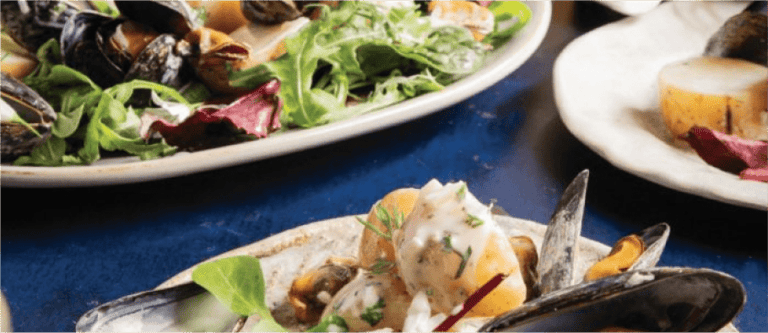
Irish Cheddar Cheese Toastie with Homemade Tomato Soup
There’s no better comfort food than an ooey-gooey cheesy toastie. Whether you’re whipping up a quick lunch or late night snack, you can rely on

There’s no better comfort food than an ooey-gooey cheesy toastie. Whether you’re whipping up a quick lunch or late night snack, you can rely on

Lorem ipsum dolor sit amet, consectetur adipiscing elit. Cras porta lorem cras justo, sed justo, ut eu. Arcu.
Check out OUR Latest FAVOURITE Recipe
Written by National Dairy Council on April 4, 2022
The China Study is a popular book that endorses a plant-based diet and includes a chapter on an observational study which was conducted throughout the 1980’s in China (known as the China-Cornell-Oxford Project). The book recommends a whole, unrefined plant-based diet and to avoid all animal-based products. However, this recommendation of the removal or limitation of entire food groups is questionable based on how the data has been presented in the book.
For example, the book reports an association between casein and cancer, based on laboratory studies where rats were fed various doses of casein. However, these studies were conducted with isolated casein protein rather than milk or milk protein in its natural form and so tells us little about how milk in its natural state will affect human health. The finding from these questionable studies with casein is subsequently applied to all other animal proteins and their effect on health. We simply cannot conclude cause and effect based on studies from one research and a single lab using rodents and translate this into humans. We need to look at recommendations from leading authorities who base their recommendations on the totality of evidence. The World Cancer Research Fund, a leading authority on cancer prevention research related to diet, nutrition and physical activity, recently published their updated Cancer Prevention Recommendations (May 2018) and have not recommended the elimination nor the limitation of dairy foods.
The main criticism of this book – which has been reported by a number of scientific and dietary experts – is that while numerous studies are cited, it cherry picks data and omits contradictory findings. The book has been accused of failing to address the totality of evidence and therefore its claims are largely unsubstantiated.
The nature of the research reported is observational, meaning only associations can be drawn, without cause and effect certainty. For example, as cancer is a multifactorial disease, influenced by both genetic and environmental aspects, it is suggested that other influencing variables apart from diet were overlooked such as chemicals exposure, nutrient intake patters, sugar intake etc. Extrapolation of a plant-based diet of a rural Chinese community to the vegan diet of an affluent Western population is not scientifically comparable. In addition, not all regions studies adhered to a strict vegan diet, making it impossible to state that all animal products should be omitted. What is overlooked in this book is that there are many published studies which support a role for milk and dairy as part of a balanced diet and indicate positive roles for dairy across several areas of health and chronic diseases including bone health, body composition, type 2 diabetes, some cancers and cardiovascular disease [ Thorning et al. 2016 ].